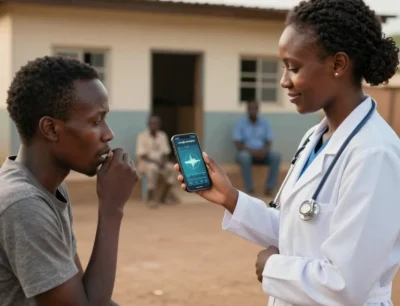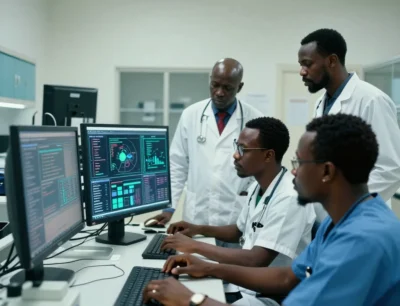The Future of Respiratory Screening May Fit in Your Pocket
An AIIMS study shows a cough-analyzing smartphone app could flag COPD risk fast—supporting better triage in primary ca
Notice: Test mode is enabled. While in test mode no live donations are processed.

An AIIMS study shows a cough-analyzing smartphone app could flag COPD risk fast—supporting better triage in primary ca

OpenAI and Anthropic just entered the digital-health race. Discover how their AI tools are transforming care, patients,

AI is helping drugmakers speed up clinical trials and regulatory submissions—cutting delays and getting treatments to
